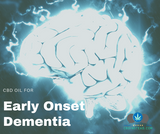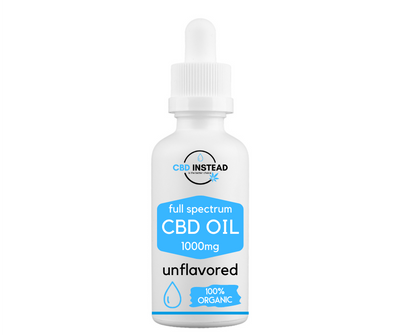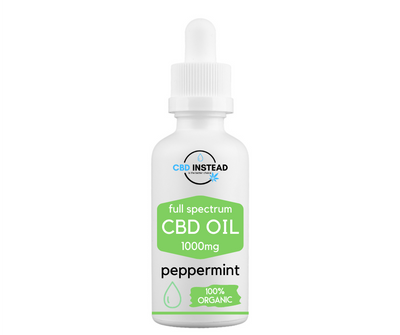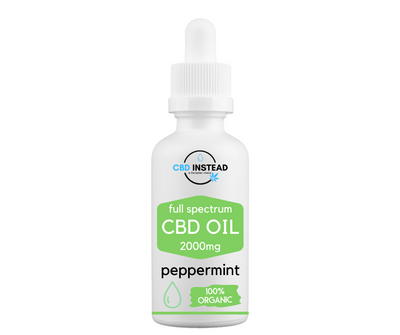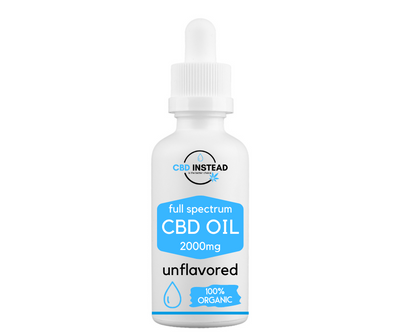Your physical health and physical health are intertwined. When it comes to making sure that you are healthy, taking care of your mental health is going to make sure that your body is healthy as well. One of the best ways to take care of your body and brain is by practicing mindfulness.
What is Mindfulness?

Mindfulness has had several definitions over the decades, but they all say kind of the same thing.
- Being intentionally aware in the present moment without judgment.
- The nonjudgmental observation of the ongoing stream of internal and external stimuli as they arise.
- Paying attention in a particular way: on purpose, in the present moment, and nonjudgmentally.
- Awareness and nonjudgemental acceptance of one’s moment-to-moment experience.
Mindfulness is important because we are often doing one thing but thinking about something else which can cause us to disconnect from our experiences. Mindfulness has been used for centuries as a way to improve psychological well-being. Now that we know the ties with mental and physical health, we know that practicing mindfulness can help your body as well.
Being mindful is regulating your attention and adopting a certain perspective toward your experiences. Regulating your attention is doing things like:
- Non-elaborative observations
- Awareness of sensations
- Awareness of thoughts
- Awareness of feelings
Changing your perspective or orientation toward your experiences is changing your attitude about things like:
- Curiosity
- Openness
- Acceptance
Psychological Effects
Studies have shown that practicing mindfulness may be effective in combatting common forms of psychological distress like:
- Rumination
- Anxiety
- Worrying
- Fear
- Anger
There are several different ways you can practice mindfulness. You can make it a part of your behavior, practice it during meditation, or use it as an intervention tool. All methods of practicing mindfulness have shown to have beneficial effects.
Trait Mindfulness
One way to practice mindfulness is by changing your attitude and awareness in your everyday life and make it a part of your personality and behavior. Trait mindfulness has been associated with an improvement in:
- Life satisfaction
- Agreeableness
- Conscientiousness
- Vitality
- Self-esteem
- Empathy
- Sense of autonomy
- Competence
- Optimism
Researchers have found that there is a strong association between prefrontal cortex and right amygdala responses in those who scored high on a mindfulness test, but not in those who had a low score. This leads scientists to believe that those who are mindful may be able to regulate their emotional responses better because their prefrontal cortex can regulate the amygdala.

Meditation Mindfulness
One of the best ways to make mindfulness a part of your personality or behavior is by meditating. While doing it throughout the day is absolutely encouraged, a moment where you are going full force in a mental environment that encourages growth may be extra beneficial.
Researchers have been diving into the relationship between mindfulness meditation and psychological well-being. While comparing meditators to non-meditators, they found that the meditators had higher levels of:
- Mindfulness
- Self-compassion
- Overall sense of well-being
And significantly lower levels of:
- Psychological symptoms
- Ruminating thoughts
- Thought suppression
- Fear of emotion
- Difficulty with emotion regulation
Potential neurobiological changes were also observed in individuals who meditated. While comparing brain structures and activity in individuals practicing mindfulness meditation, they found that there was an increase in the thickness in brain regions that are involved in attention, interoception, and sensory processing. They also found that mindfulness meditation increased activation in brain areas associated with processing distracting events and emotions.
Mindfulness Interventions
Mindfulness intervention is when you take a therapeutic approach to using mindfulness to improve your quality of life. Some studies have shown that the immediate effects of mindfulness interventions can help with a dysphoric mood. The way that mindfulness interventions work is by helping you learn how to practice mindfulness of your thoughts and feelings toward negative moods which are effective with reducing ruminating thoughts. Research has also found that mindfulness interventions can help people who are struggling with substance abuse. Brief mindfulness interventions have shown to reduce substance-related urges as well as substance use behavior.
Mindfulness and Physical Health
You know how mindfulness can improve your mental health, but it doesn’t stop there. The physical benefits of mindfulness are thought to be due to the neurological changes that this way of thinking causes, proving once again how intertwined our mental and physical health are.
Mindfulness and Immune Functions
Mindfulness meditation has shown in studies to be beneficial to your immune system, even in patients who were diagnosed with HIV. Research shows that mindfulness meditation influences biomarkers in immune activity. However, mindfulness meditation does not have exaggerated effects on your immune system, being more of a tool to maintain your health than a treatment.
Mindfulness and Inflammation
Mindfulness meditation may affect our DNA, changing the way inflammatory genes behave. Scientists believe that the stress-reducing properties of mindfulness meditation can help reduce the damage stress causes helping to prevent things like dementia or arthritis.
Mindfulness and Pain Sensitivity
Brain changes caused by mindfulness can also help reduce your sensitivity to pain. Studies show that people who are more mindful in their everyday life report less pain. They also found that mindfulness helps you control the way you react to discomfort or pain emotionally.
Mindfulness and Heart Disease
Stress is one thing that we all deal with every day that can lead to heart disease if it isn’t managed. By being mindful, you can reduce your stress levels helping to protect your heart. Mindfulness may also be able to help with irregular heartbeats and high blood pressure.
Mindfulness and Melatonin and Serotonin Production
Serotonin does more than keep you from being depressed. It is also involved in your digestion, appetite, and sleep. Melatonin is a powerful antioxidant helping to preserve and protect your cells. Studies have shown that mindfulness can help boost both melatonin and serotonin production in your body.

How to Start Being Mindful
Being mindful not only makes your outlook on life more bright, but it also makes you healthier, too. There are ways that you can do it on your own at home, and there are ways that you can get professional help to have support through this transition.
Ways to be Mindful Everyday
- Take time to stretch and enjoy the feeling.
- Eat slowly, enjoy the texture and taste.
- Listen to music without multitasking.
- Enjoy the outdoors, listening to the sounds, feeling the sun on your skin and taking in the smells.
- Challenge the way that you think, try to think more positive about people and situations.
- Reflect on the good things you’ve done during the day.
- Be aware during chores, feel the laundry or smell the dinner you are cooking.
- Have a time set aside where you do absolutely nothing but be aware of your surroundings and thoughts.
- Be aware of urges, and understand that you don’t have to fight or give in to it, just observe it.
- Keep a journal and write down events, emotions, and thoughts that have affected you throughout the day and reflect.
- Focus on your breathing for a few breathes and dive into reality for a moment.
- Focus on your posture.
- Be aware of changes in temperature, smells, and what you see when you go from one place to the other.
Being Taught Mindfulness
Being mindful seems pretty easy, but it isn’t for everyone. If you have anxiety, depression, or experience chronic pain, being mindful can help but may be the last thing on your mind. This is why there are professionals who can help guide you toward a healthier way of thinking.
Mindfulness-based cognitive therapy is when a doctor combines cognitive behavioral and mindfulness strategies into a therapy that helps individuals learn how to have a more stable and positive frame of mind. In practice and studies, they have found that mindfulness-based cognitive therapy has been able to help with the following:
- Anxiety
- Depression
- Emotional Regulation
- Fibromyalgia
- Bipolar
- Eating Disorders
- Psychosis
As well as poor quality of life caused by:
- Cancer
- Diabetes
- Chronic Pain
- Epilepsy
Can CBD Oil Help?
One of the biggest things about being mindful is that you have to have the ability to control your thoughts. While mindfulness helps to reduce rumination and strengthen connection in your brain to give you more control, it can be overwhelming when you first start. If you have a roadblock like anxiety that is keeping you from practicing mindfulness and making you work ten times harder, CBD oil may be able to help.
CBD for Mindfulness
CBD is becoming notorious for its ability to reduce anxiety. Like mindfulness, CBD oil has shown to help reduce ruminating thoughts. The reason that you may not be able to kick negative thoughts out is because of a neurotransmitter called GABA. These neurotransmitters are what your brain uses to control your thoughts, but if they are compromised like with people who have anxiety disorders, it makes it harder for your brain to regulate what you are thinking. Studies have shown that CBD oil may be able to help with this issue by strengthening the bond of GABA receptors, effectively helping you gain more control over your mind.
If you are trying to get healthy, being mindful is a great place to start. If you think you can’t do it because your brain is all over the place, try using CBD until your brain is strong enough to take over. If you are already on any medication, be sure to let your doctor know before taking CBD oil.












